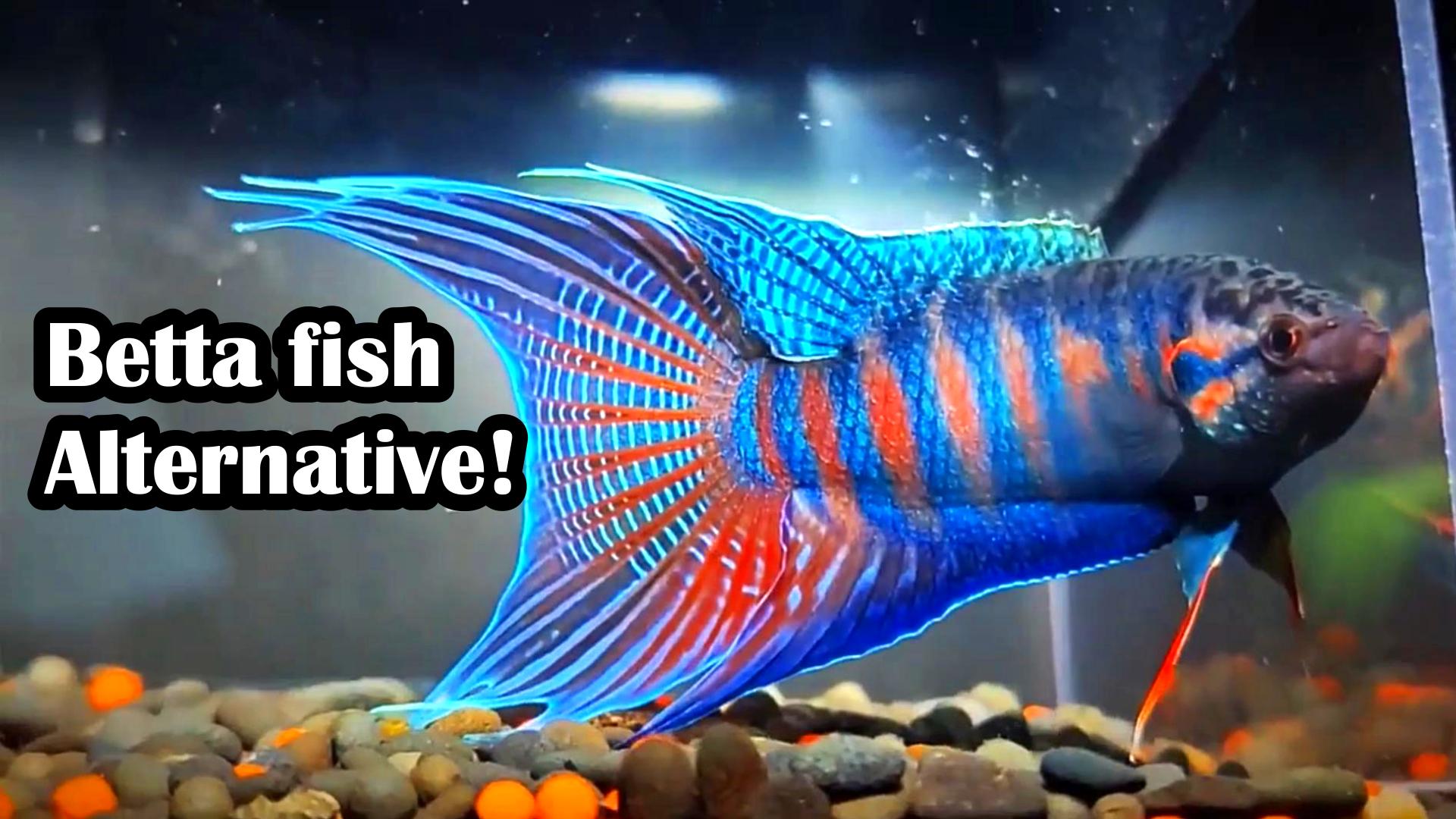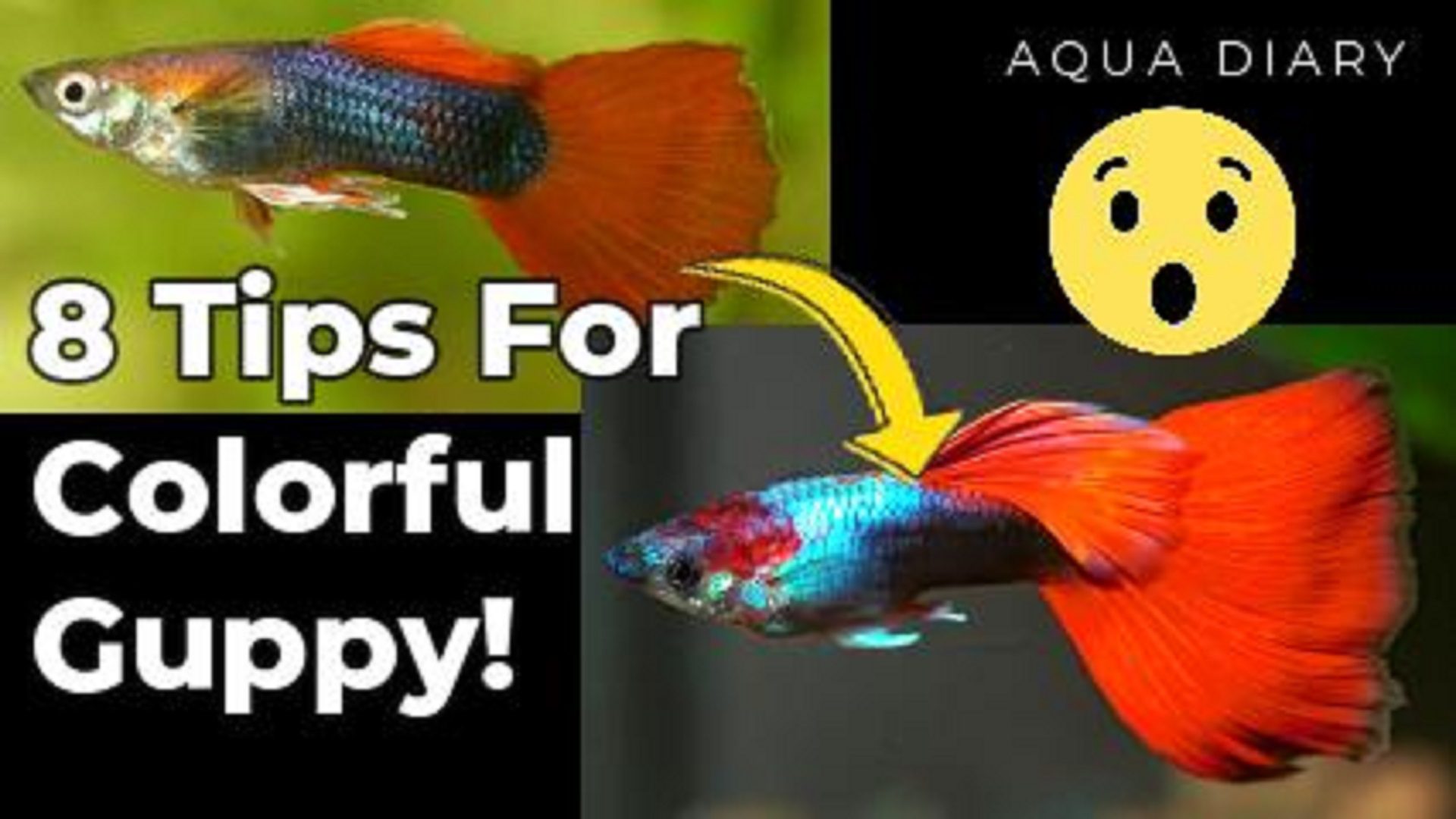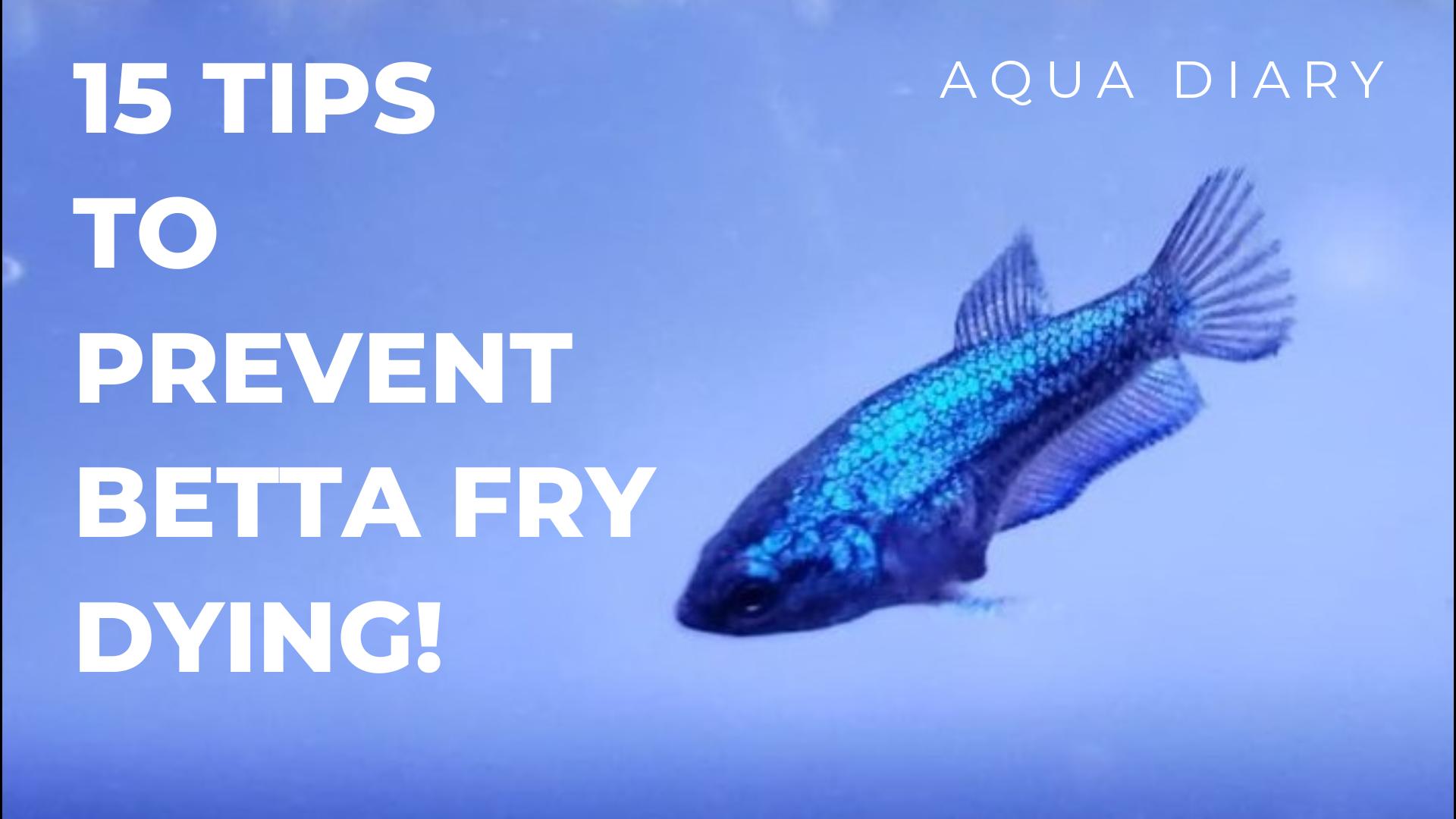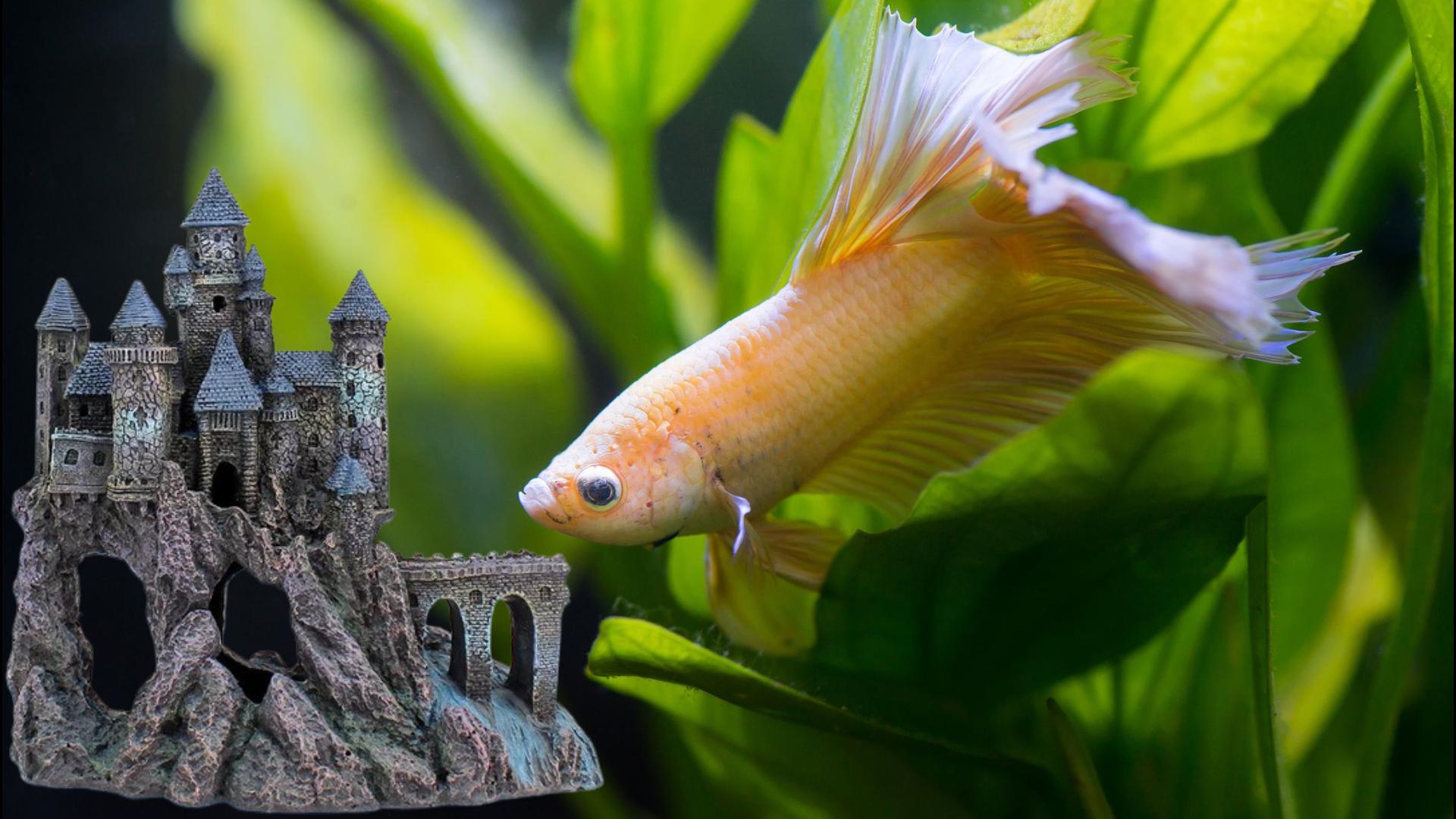Betta fish and paradise fish are often compared for their similar appearance and behavior. However, despite their similarities, there are some significant differences between these two fish. In today’s topic, I will discuss paradise fish in detail including their behaviors, temperament, and breeding nature by comparing them to betta fish. Lastly, let’s discuss whether they can be an alternative to betta fish. Let’s get started.
Paradise fish are not Betta fish, although they share some similarities. While they share some physical characteristics with Betta fish, Paradise Fish have distinctive features that set them apart. Paradise fish are freshwater fish native to East Asia, including China, Korea, Vietnam, and Thailand. Paradise fish are members of the Gourami family. They have been kept in aquariums for a century. They are a popular choice for hobbyists due to their stunning coloration, interesting behavior, and ease of care.
Why do paradise fish glub air like Betta fish?
Both betta fish and paradise fish are labyrinth fish. This means they have a special organ called the labyrinth organ that allows them to breathe air from the water’s surface. Both fish periodically swim up to the surface of the water to take a gulp of air, although paradise fish do this less often than betta fish. This behavior is more frequent in shallow or poorly oxygenated water, but they also do it in well-aerated tanks. This adaptation allows them to survive in shallow ponds and stagnant pools.
How long can paradise live?
The lifespan of paradise fish can vary depending on the quality of care they receive, but typically they can live for 5-8 years in captivity. Providing them with a well-maintained tank, a balanced diet, and regular health monitoring can help them live a long and healthy life. It’s also worth noting that females may have a slightly longer lifespan than males.
Can paradise fight against betta fish?

Betta fish and paradise fish, both are known for aggression and territorial nature, especially males. They are unlikely to tolerate each other’s presence and start to fight. In a fight between Betta fish and Paradise fish, it’s difficult to predict who wins, as betta fish are more aggressive but paradise fish are much larger in size. To avoid fights, keep them in separate tanks. If you keep them together, it’s crucial to have a large enough tank with plenty of hiding places and visual barriers. Keeping only one male of each species in a tank will be a safer option to reduce the risk.
What does paradise eat?
Both Betta fish and Paradise fish require a diet of high-quality fish flakes, pellets, and frozen or live foods such as brine shrimp, bloodworms, and daphnia. Making sure they have a balanced diet is essential for their health and well-being. A mix of flake and pellet foods is an excellent base, as they are affordable and easy to feed. However, don’t forget to include protein in their diet, as they naturally get it from insects in the wild. Bloodworms, brine shrimp, larvae, and white worms are all fantastic options for protein. Offering live food when possible is an excellent way to enhance their nutrition and enrichment. So, give your paradise fish a variety of foods to keep them happy and healthy!
Is it true that Paradise fights like Betta fish?
Betta fish are known for their aggressive behavior and are often kept alone due to their tendency to fight other fish. In contrast, Paradise is also known for its aggressive behavior, but they can be kept in groups under certain conditions. However, they have a higher temper compared to other gourami types. This aggression is mainly directed towards their own species, but other fish can also get involved in their scuffles as well. If left unchecked, this aggression can lead to physical harm and health issues, so it’s important to keep an eye out for any signs of fighting. But they are not aggressive like betta fish.
How to breed paradise?
Paradise is fairly easy to breed in a community tank with proper hiding spots for females to lay eggs. Like bettas and other gouramis, they create bubble nests. Males build nests from rising bubbles whereas females deposit eggs during a ritualistic embrace. Afterward, it’s vital to separate the female, as the male becomes territorial and might attack her. Once the eggs hatch, removing the male is essential to prevent fry predation; alternatively, use a separate tank. Hatching takes 30-90 hours, so patience is key.
How to identify male and female fish?
Identifying male and female paradise is relatively easy. Males are generally larger and brighter than females. They have longer, more pointed fins. In contrast, females are smaller and duller in color, with shorter fins that are more rounded. One key feature that distinguishes males from females is their ventral fins. These fins are located on the fish’s underside, near the head. In males, the ventral fins are longer and more pointed than in females.
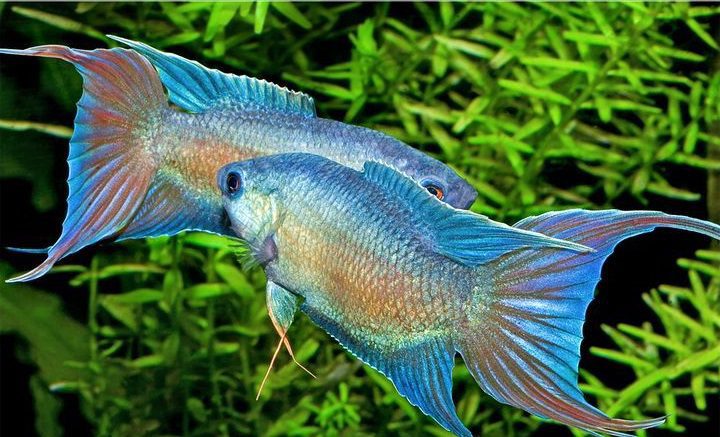
Can Paradise be a community tank?
When it comes to Betta fish, it’s advisable to keep them solo or in the company of tranquil tankmates like snails, shrimp, or small catfish. Avoid housing them with other Betta fish or those sharing similar colors and long fins, as this often sparks aggression.
On the flip side, Paradise fish can coexist with other fish, as long as these companions aren’t excessively small or have akin colors and long fins. Ideal tank mates for Paradise fish include larger, peaceable species like rainbow fish and danios. Maintaining only one male Paradise fish in the tank is crucial, given their tendency for aggression towards each other. The safer approach is to maintain a male with multiple females, curbing aggression and fostering a harmonious environment. While selecting tank companions, exercise caution against introducing other gourami species or fish resembling Paradise fish.
Paradise fish are undeniably captivating creatures, making them a splendid addition to your aquarium or pond. Distinguished as members of the gourami family, they boast unique physical and behavioral traits. But can they fully replace the allure of Betta fish? In my perspective, they offer a more compatible option for community tanks compared to Betta fish. Nevertheless, it’s vital to acknowledge that the elegance of Betta fish and their place among aquarium enthusiasts remain unmatched.
Paradise Fish: Betta Fish Alternative for Your Aquarium.
I hope you find this information helpful in understanding these beautiful and fascinating fish. If you enjoyed this post, please consider sharing and subscribing channel to stay up to date with more informative and interesting content on aquarium fish and other related topics. Thank you for checking, and we’ll see you on the next topic!

